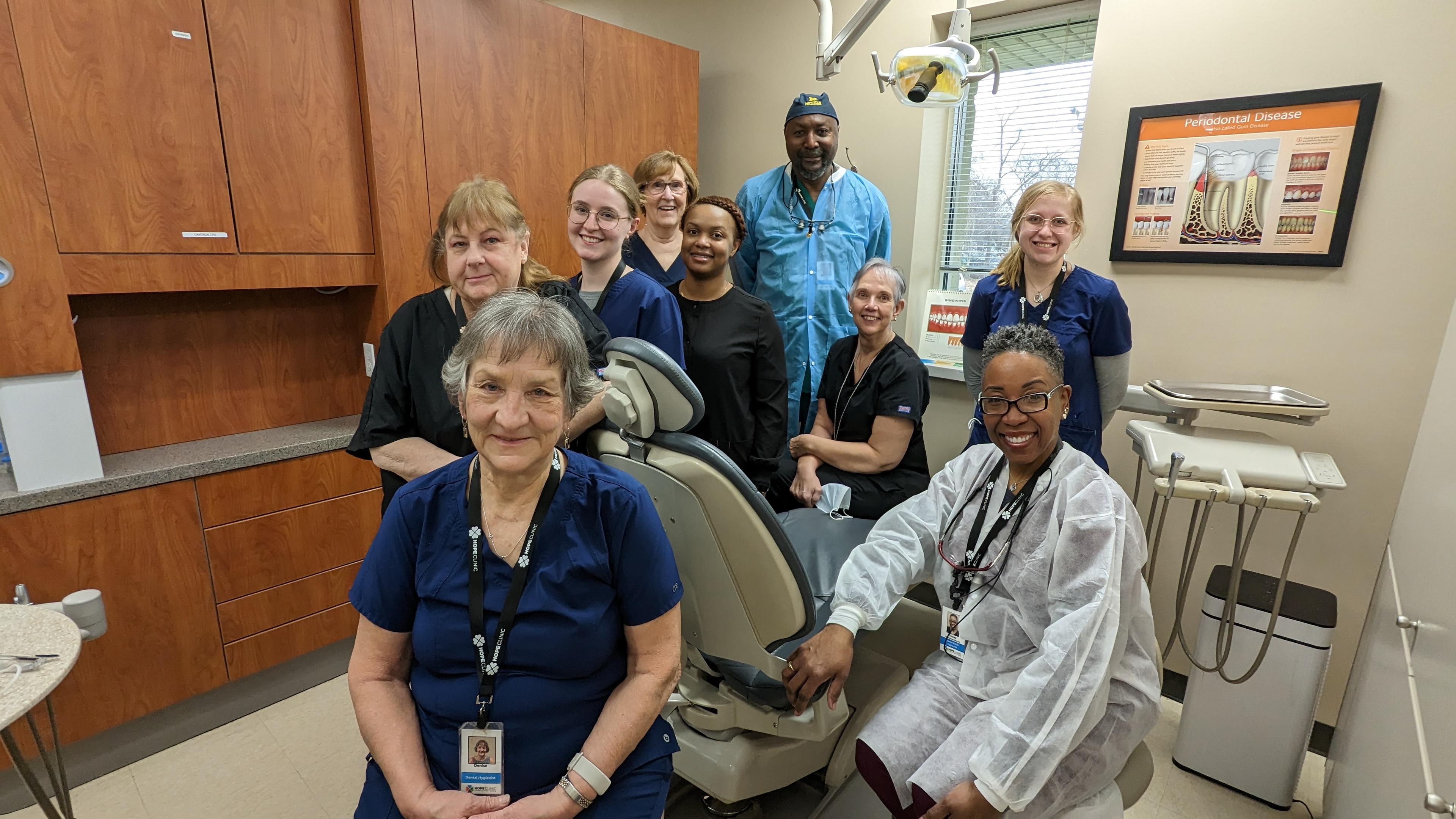Opioid Policy Change

Daniel J. Loepp
| 3 min read
Daniel J. Loepp is President and Chief Executive Officer of Blue Cross Blue Shield of Michigan.

This week, Blue Cross Blue Shield of Michigan announced an important policy change, more strongly regulating opioid prescriptions as part of our ongoing efforts to address the devastating opioid addiction crisis gripping our nation. Starting Feb. 1, 2018, BCBSM will be working with physicians to limit patients who are new to opioid therapy and receiving a short-acting opioid to a five-day supply for their first prescription fill. Subsequent prescriptions and refills will be limited to a 30-day supply. This common sense step will help our members get the pain management medication their doctors believe is needed, while taking positive steps to address a growing epidemic of addiction and overdose deaths that is widely acknowledged as a national crisis. The statistics on opioid abuse are alarming, and the problem has been growing, according to the Michigan Department of Health and Human Services and the U.S. Centers for Disease Control and Prevention. Nationally, 91 people die each day from opioid abuse. Since 1999, the number of Michigan deaths from opioid overdoses jumped more than 17 times. Last year alone, more people in our state died of drug overdoses - 2,335 - than in car accidents. Prescription opioids are an effective pain relief treatment. But they can also be deadly when combined with other medications. They can be highly addictive when taken in higher doses than prescribed, or for longer than medically necessary. Opioids can immediately impact some people in a very negative way. Abuse of opioids by people who become addicted can also lead to the use of lethal street opioids, such as heroin and illegally-produced fentanyl. Blue Cross Blue Shield of Michigan, along with other Blue Cross and Blue Shield plans across the nation, is working to combat the opioid epidemic by enhancing awareness, and through partnerships with physicians and public health advocates and officials. Our employees are working on several strategic initiatives to prevent overdose deaths, including:
- Working directly with doctors to coordinate care to reduce opioid abuse and overdose from prescriptions for controlled substances from multiple doctors without their shared knowledge of prescriptions from others.
- Creation of the Opioids Provider Toolkit, which provides physician organizations links to best practices and resources, tips to safely manage pain, and information on available data and resources on opioid use.
- Development of awareness programs about deadly drug interactions from certain regimens with no legitimate medical rationale.
- Coordination of drug usage reviews and research alert physicians before patients take a combination of opioids and other medications that can lead to fatal overdose. After six months of working with doctors, we’ve seen a nearly 51 percent reduction in Blue Cross members taking both opioid and BZD drugs.
- Limiting opioid prescriptions to a 30-day supply, and restricting short-acting opioids to five days on initial prescriptions.
Our new policy changes represent one more proactive step in our ongoing efforts to provide quality care for our members, and most importantly, improve health. But these steps are just the beginning. Doctors, insurers, advocates, government and researchers must find ways to work together to address this national public health emergency affecting far too many Americans and their families. Blue Cross Blue Shield of Michigan is committed to doing our part by putting our resources and expertise to work preventing the scourge of opioid addiction from taking more lives.





